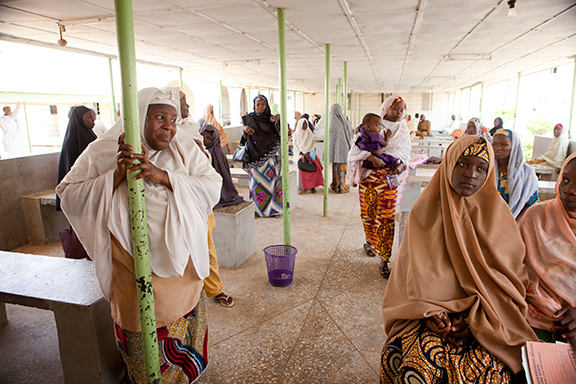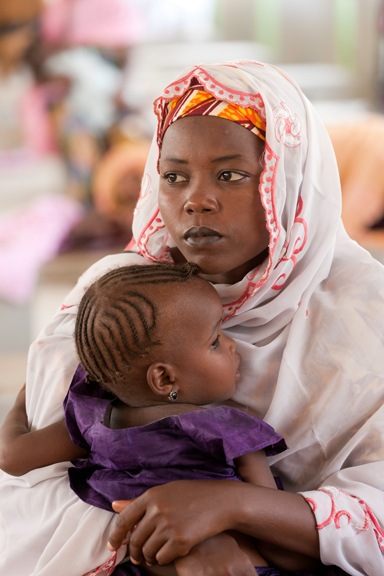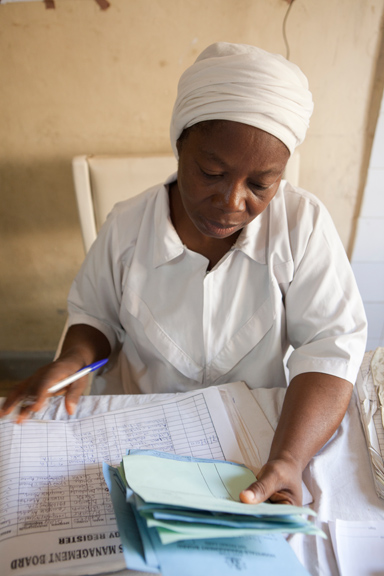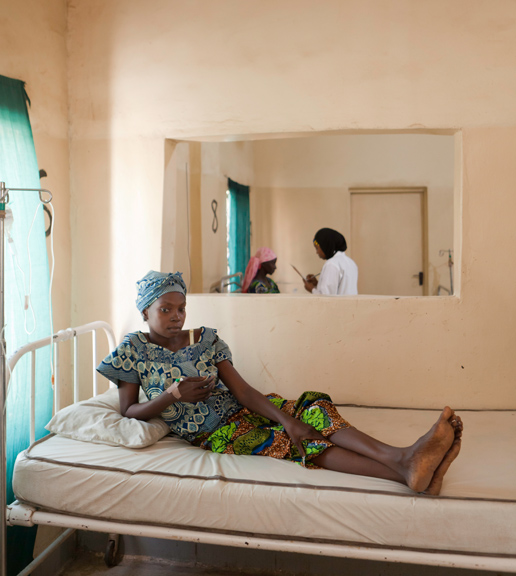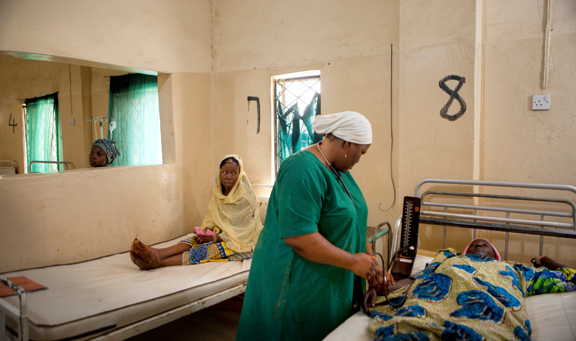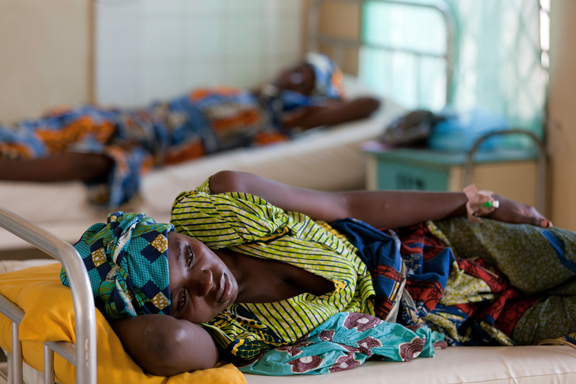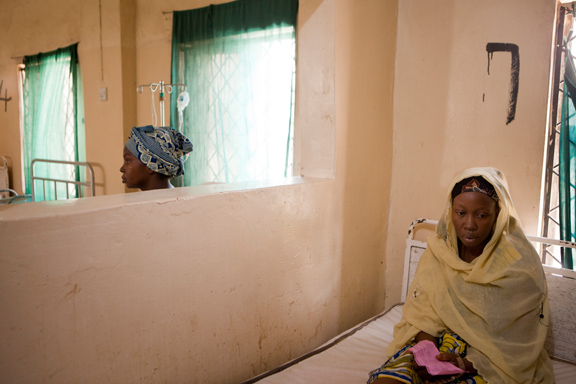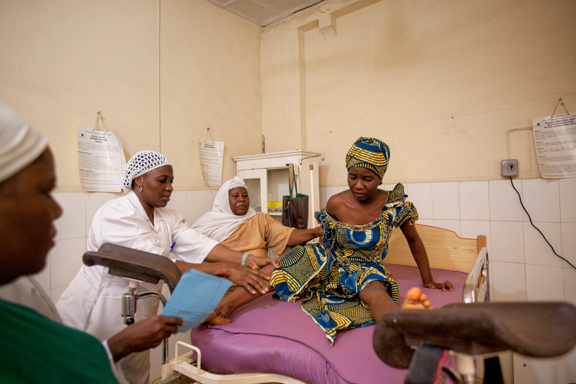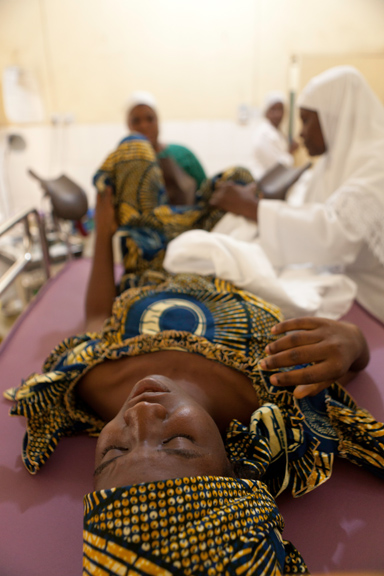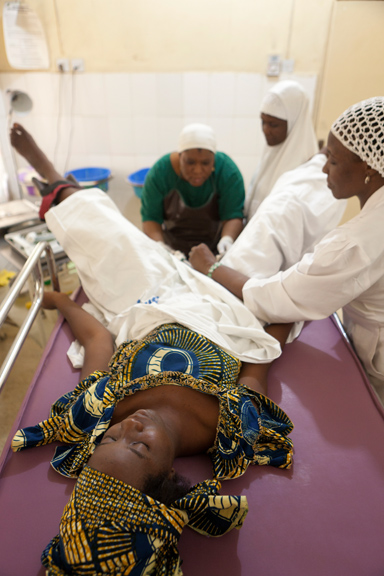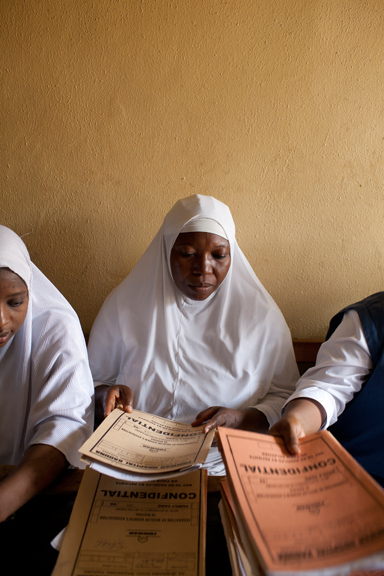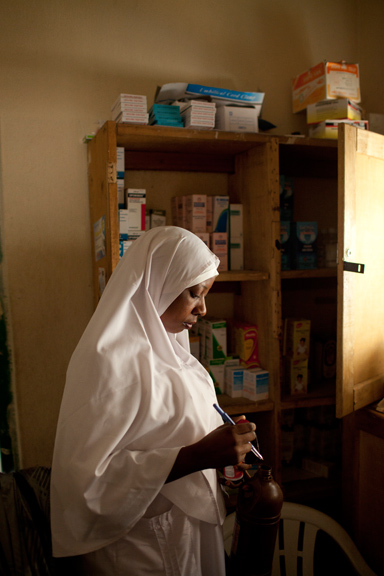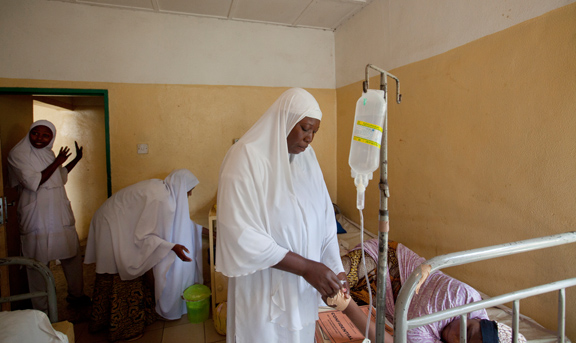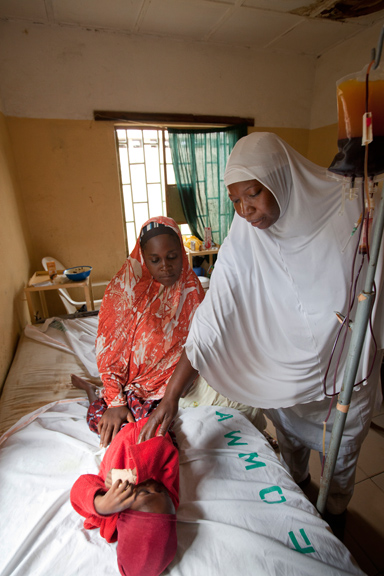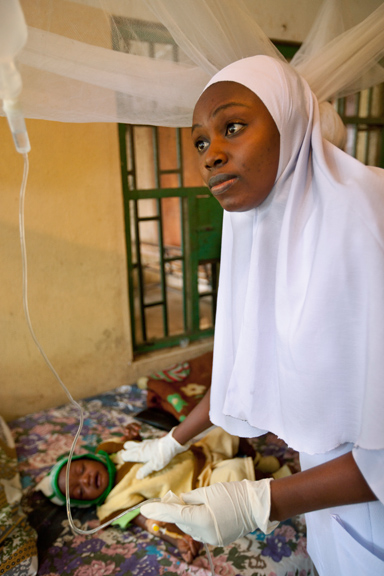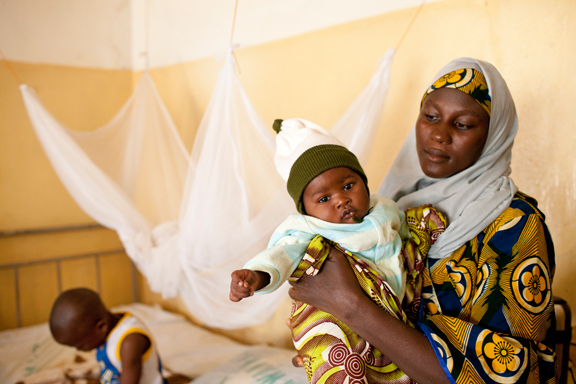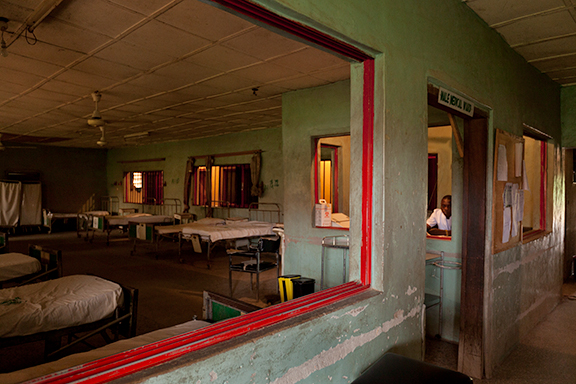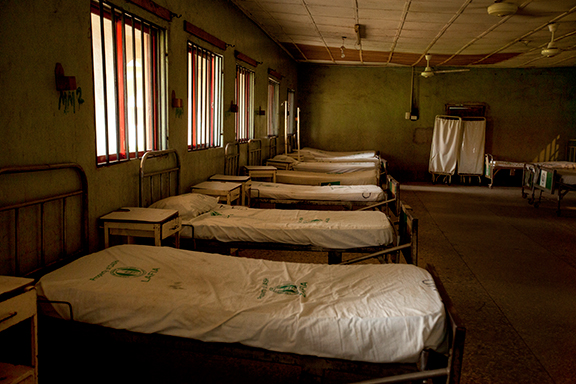Abortions are illegal in Nigeria; nevertheless, abortions occur and as they happen under non-medical conditions, serious complications are all too frequent. Murtala Mohammed Specialist Hospital (MMSH) is the primary public sector hospital in Kano State and has the largest program for treating women for complications of unsafe abortions. Although the hospital serves mainly woman in Kano, patients from neighboring Nigerian states and countries as far away as Mali and Niger seek treatment here as well. I was informed that due to lack of blood storage facilities, the MMSH is one of only three comprehensive obstetric care facilities in the state able to provide the full range of life saving obstetric services. Trained nurses and midwives treat women suffering from incomplete abortion with manual vacuum aspiration (MVA) in a dedicated procedure room. Care is available 24 hours a day. Women normally wait only 30 minutes to be treated, and most go home within an hour after treatment, after receiving counseling and choosing a contraceptive method.
MMSH is the only large scale hospital whose work in maternal health care that I documented. There were 3 very large hospitals where I was scheduled to work but was unable to do so for reasons that will become apparent at the end of this post.
Women waiting to be seen at MMSH
Health care worker recording patient information.
Patients and nurses in the ward for post-abortion care.
A patient undergoing Manual Vacuum Aspiration in the procedure room.
We also had the opportunity to visit the FOMWAN (Federation of Muslim Women’s Associations of Nigeria) Maternity Hospital in Kaduna. FOMWAN originally established the clinic in an area very close to an urban slum with the intent of treating women and children from this community. For religious reasons FOMWAN did not provide any family planning services. Pathfinder worked with community leaders to change this policy. Pathfinder’s programs are focused on reproductive health and family planning–specifically healthy timing and spacing of children for improved maternal and child health outcomes. As mentioned in previous posts, the fertility rate and the maternal mortality rate is extremely high in Northern Nigeria. Increased birth spacing plays a critical role in reducing maternal mortality.
The hospital is a maternal and child health facility and at least half the patients in these small wards were very young children. With the help of Pathfinder, the hospital was able to increase their capacity and treat a larger number of clients.
Maternal Health Care Coordinators in front of hospital.
Organizing patient records
The pharmacist.
Women and childrens wards.
As I mentioned, we visited three very large regional hospitals only to discover that there were no patients, only senior administrators. The wards were completely empty, no nurses, health care workers, just empty beds. The reason for this was shocking; the government refused to pay the employees, including all the doctors and nurses, a reasonable wage for their services. Consequently, all hospital employees were out on strike and the hospitals had shut down. This was quite unbelievable and it doesn’t take much imagination to picture the serious consequences. I have to say I find this situation quite incomprehensible. Here are two photos from a hospital showing the empty wards.

